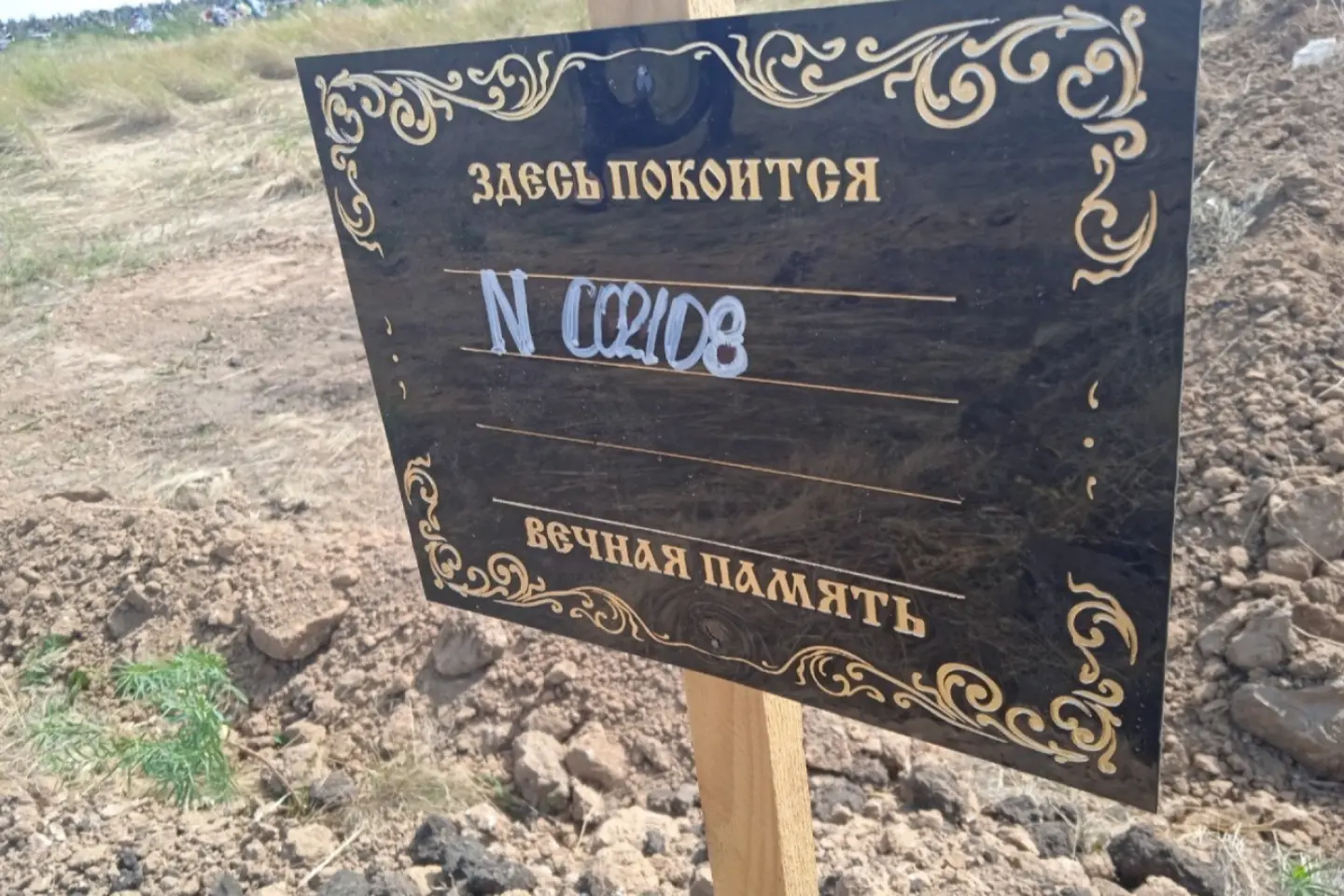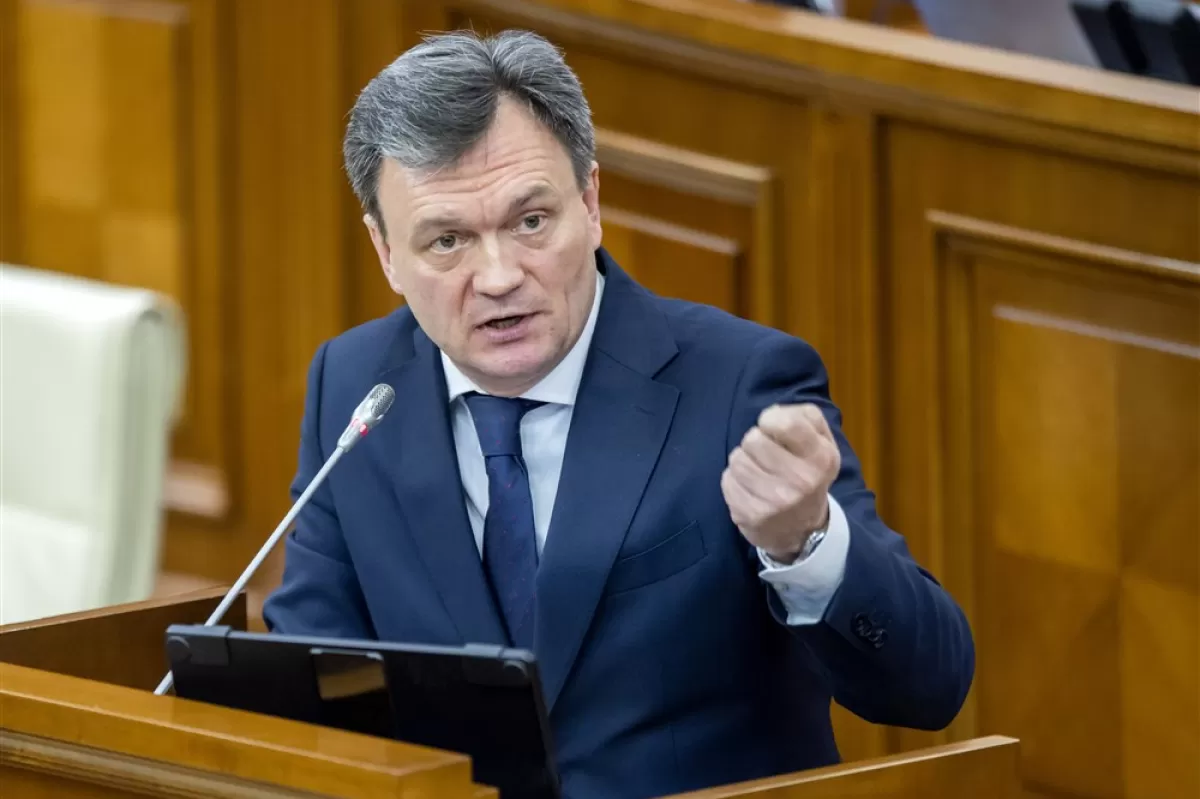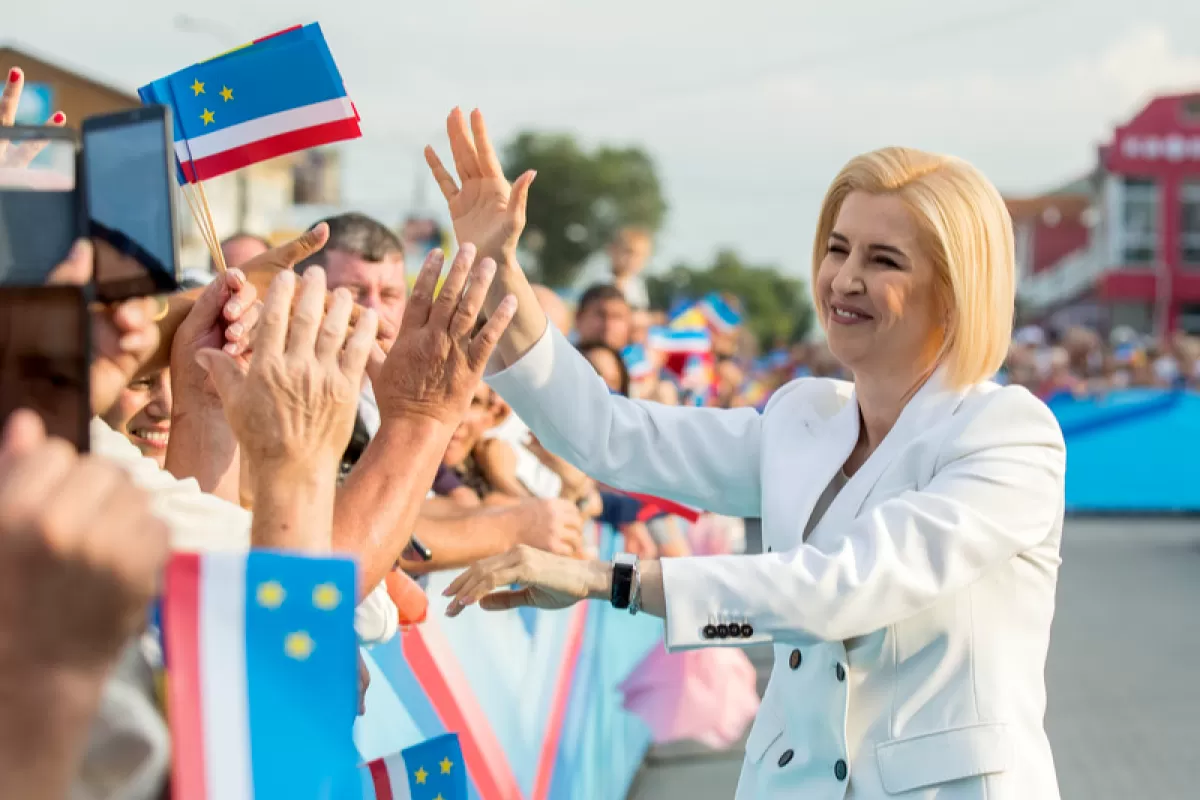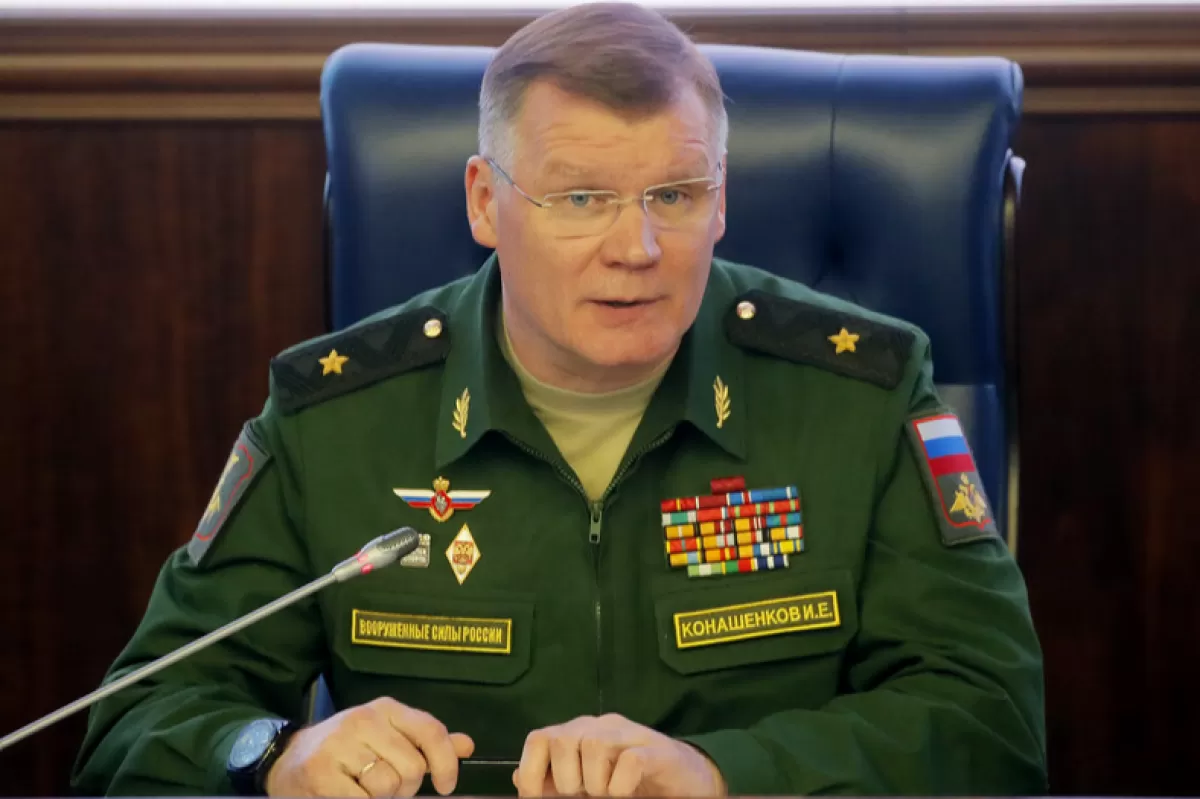
Ceban, banned in Romania, has made anti-EU statements and worked with the pro-Russian leaders Vladimir Voronin and Igor Dodon. He now wants to be the leader of the pro-European opposition, but there are suspicions that he prefers Moscow.

Teenagers and young men in the Russian-occupied territories have been killed or handed long prison sentences for expressing their support for Ukraine. Ukrainian journalists Inna Kubai and Victoria Novikova have documented* several of these cases, which Veridica brings to your attention.

The political evolution of (Neo)Legionarism, from pocket political parties, such as those created by Marian Munteanu, to organizations like The New Right (Noua Dreaptă) – the connecting link between (Neo)Legionarism and sovereigntism – and politicians who frequently make the front page, such as George Simion, Călin Georgescu and Diana Șoșoacă.

The Legionary movement re-emerged in Romania shortly after the 1989 Revolution. Some legionary theses and ideas can be identified in the discourse of present-day sovereignists. Veridica briefly traces the development of the (neo)legionary movement in post-communist Romania, under the authorities’ permissive eye.

Romanians in the Republic of Moldova overwhelmingly voted for Nicușor Dan, even though the ruling party, PAS, supported Crin Antonescu. Directly threatened by Moscow, the Moldovans rejected George Simion who, although he declared himself a unionist, is perceived as pro-Russian across the Prut. On the other hand, George Simion got most of the votes of the Romanian diaspora in Europe, which until recently preferred candidates and parties defined as pro-European and reformist.

The Trump administration's signals about a US policy toward Moscow, Ukraine, and the EU are causing concern in Russia's neighborhood, from the Black Sea to the Baltic Sea.

Donald Trump's return to the White House has generated fears about his approach to Russia and the conflict in Ukraine, as well as the economic relationship with the European Union. Veridica’s team of contributors has analyzed how Trump’s return to power is seen in Brussels and in Russia's neighboring countries - some of them ex-Soviet or ex-communist states, most of them members of the EU or NATO or with Euro-Atlantic aspirations.

The proposed amendments to Romania's National Defense Law gave rise to disinformation narratives fostered by Russian propaganda and pro-Russians in the Republic of Moldova.

Russian propaganda, alongside politicians, publicists and clerics from the Republic of Moldova, has been promoting for years narratives regarding the threats to the identity and even the existence of Moldova and Moldovans.

The narratives were launched / amplified by Moscow and pro-Russians, and the theses included Moldova’s involvement in the war in Ukraine, an attack on Transnistria and EU rapprochement.

The European Council has greenlit EU accession talks with Ukraine and Moldova despite Hungary’s opposition. Veridica has examined Budapest’s counterarguments and the way the announcement was received in Kyiv and Chișinău.

The separatist discourse has reemerged in Gagauzia, part of an effort to block Moldova's European path. The moment coincides with the winning of the elections by one of Ilan Shor’s representatives.

The candidates supported by the former president Igor Dodon, and the fugitive oligarch Ilan Shor respectively, got the largest number of votes in the first round of the elections for the office of Governor of Gagauzia. The campaign was marked by the promotion of Russian propaganda narratives, the involvement of some Russian politicians and artists, but also by a diplomatic scandal between the Republic of Moldova and Russia.

Voted by Parliament less than a week after the resignation of the Gavrilita Government, the Recean cabinet came up with a government program that focuses on security, economic development and the European integration of the Republic of Moldova. The document does not make any reference to the relations with Russia, although it is clear that Russia will continue to influence, through its people, the political processes in Chisinau and has other important levers, primarily Transnistria and the energy weapon.

The war launched by Russia in Ukraine also led to an intensification of the use of propaganda materials, fake news and disinformation targeting the Republic of Moldova. The goal was to discredit the West and undermine the values it promotes, but also to blame the pro-European government for the economic and social issues initially triggered by the Covid pandemic, then by the war.

Găgăuzia is perhaps the most pro-Russian region in the Republic of Moldova. A breakaway region since the early 90s, Găgăuzia eventually recognized Chișinău’s sovereignty, although it wants to break with this country in the event of a unification with Romania or even EU accession.

Every day, Russian citizens learn from news segments about the victories reported by the Russian army on the Ukrainian front. Even when troops are retreating or conquering a few small villages despite sustaining heavy losses, the Ministry of Defense spokesman, Igor Konashenkov, invokes resounding achievements. A PROEKT.MEDIA investigation reveals that many such achievements are in fact mathematical and geographical falsehoods.

A Russian general recently referred to Transnistria as one of the objectives of the second phase of the war in Ukraine. Will Russia stop in Transnistria, or will it actually reach Chișinău, which is literally a stone’s throw away? And what should Romania do if that happens? 1940 is the year on everyone’s lips these days…

The media and some political theorists in Russia have begun to openly urge Moscow authorities to sanction the Republic of Moldova for its recent “oversights”, such as banning the symbols “Z”, “V”, directly associated with the Russian operations in Ukraine, and in particular the ribbon of Saint George, considered a symbol of the Russian army.

People previously promoted by Sputnik, who in the past were accused of defending the interests of Russia and/or were associated with the anti-vaxx movement, launched a number of anti-Ukrainian disinformation narratives after war broke out. Cozmin Gușă, Diana Șoșoacă and Iosefina Pascal are among those who promote these disinformation themes, ranging from false justifications for the invasion (the existence of laboratories manufacturing biological weapons), to complete denial of an actual war.